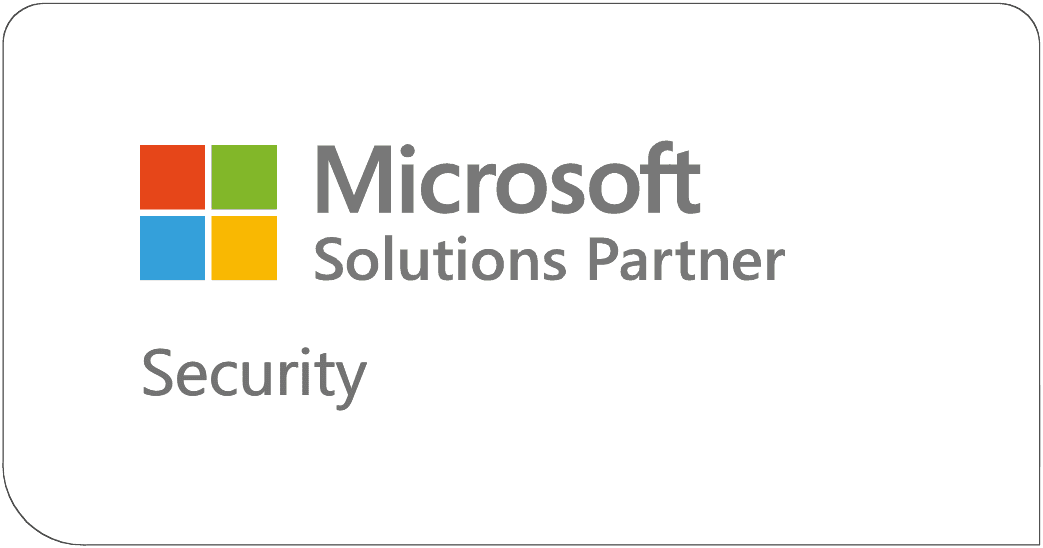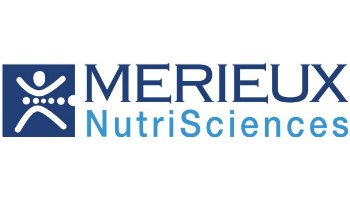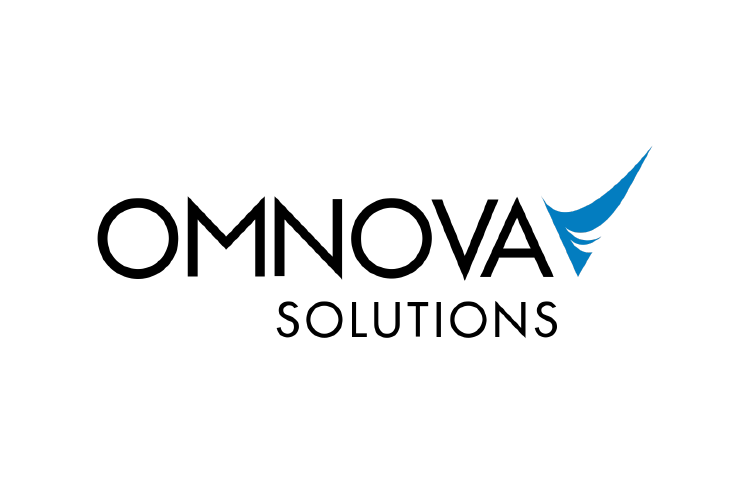Centric Consulting is not your typical Microsoft consulting partner. Our business model offers you more and is centered on your success.
We are a Microsoft Cloud Partner having achieved all 6 Microsoft Solutions Partner Designations. In addition to this distinction, we further hold Microsoft Specializations in Azure and Modern Work.
By demonstrating our expertise and client success across all Microsoft solution areas, we’ve built close relationships with key Microsoft teams and have access to funding programs used to benefit our clients.
Our goal is to help you derive maximum value and ROI from your Microsoft investment by providing planning, deployment, adoption/support, and consulting services. Microsoft Solution Areas:
• Business Applications (Dynamics 365 and Power Platform)
• Modern Work (Microsoft 365, Teams, Viva)
• Security (Azure Security and M365 Security)
• Data & AI (Azure)
• Infrastructure (Azure)
• Digital & App Innovation (Azure)





















